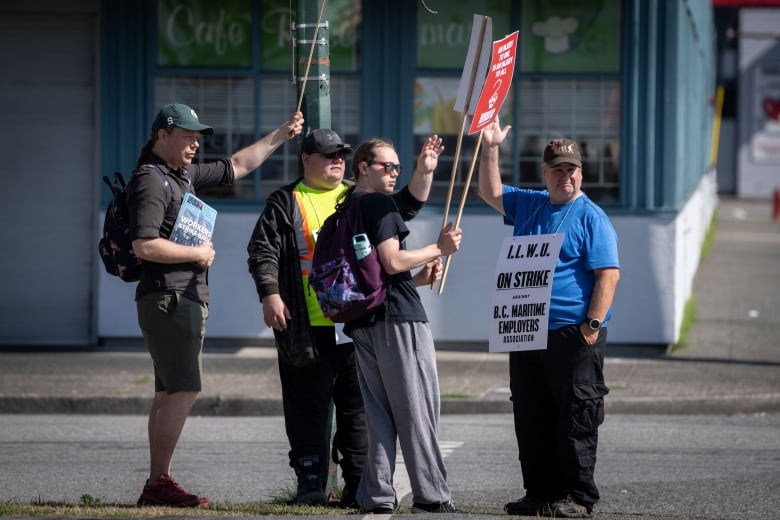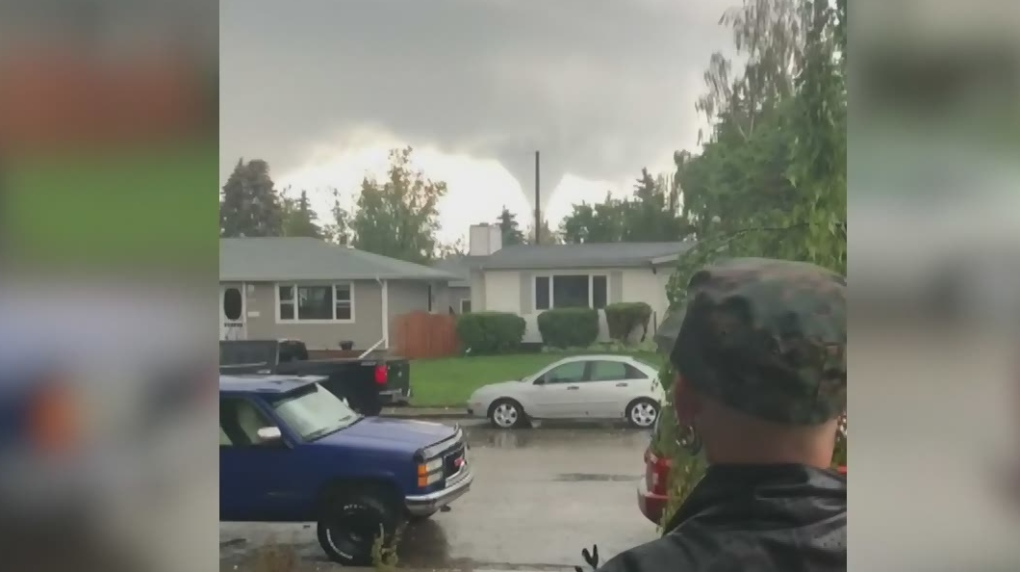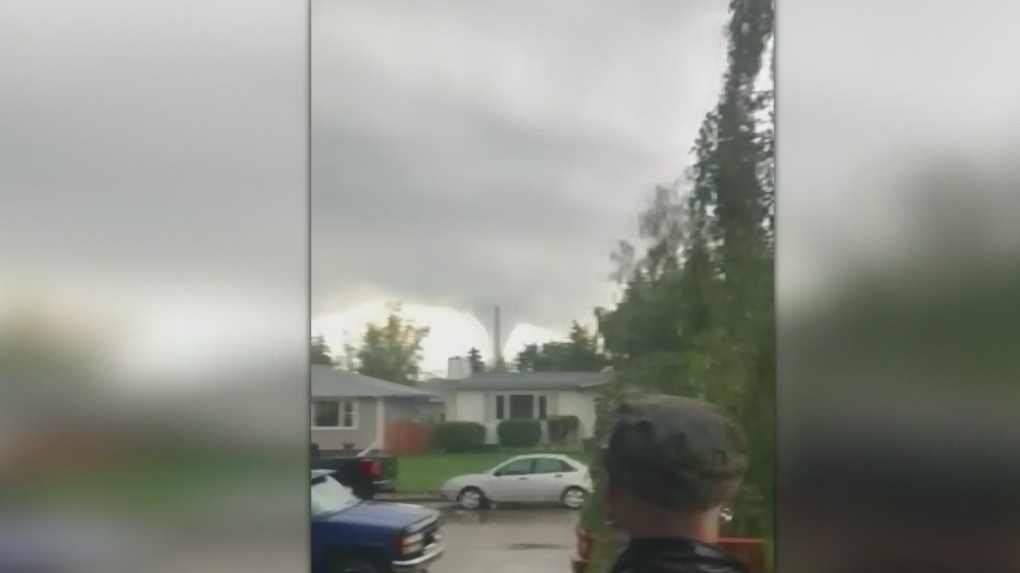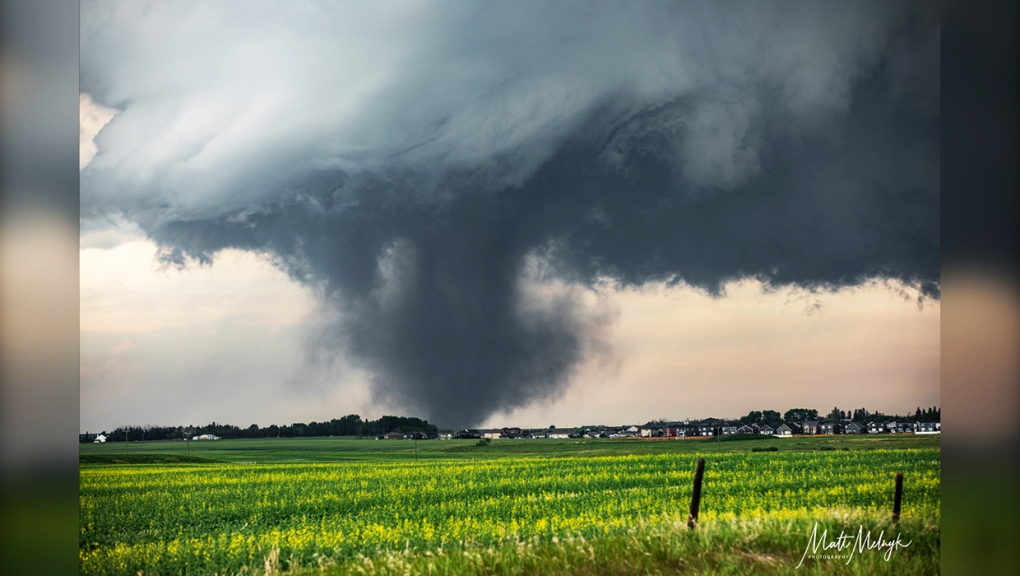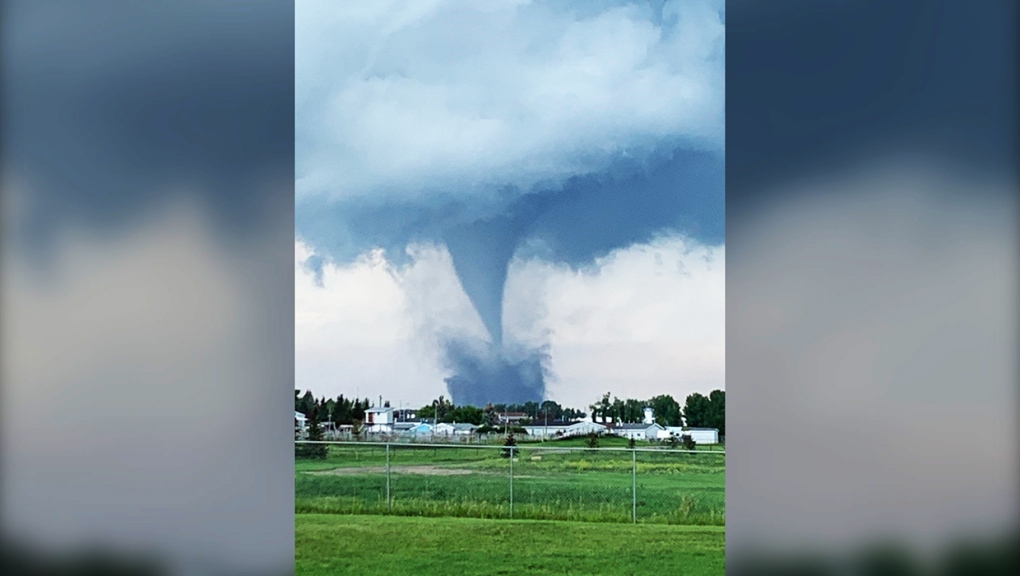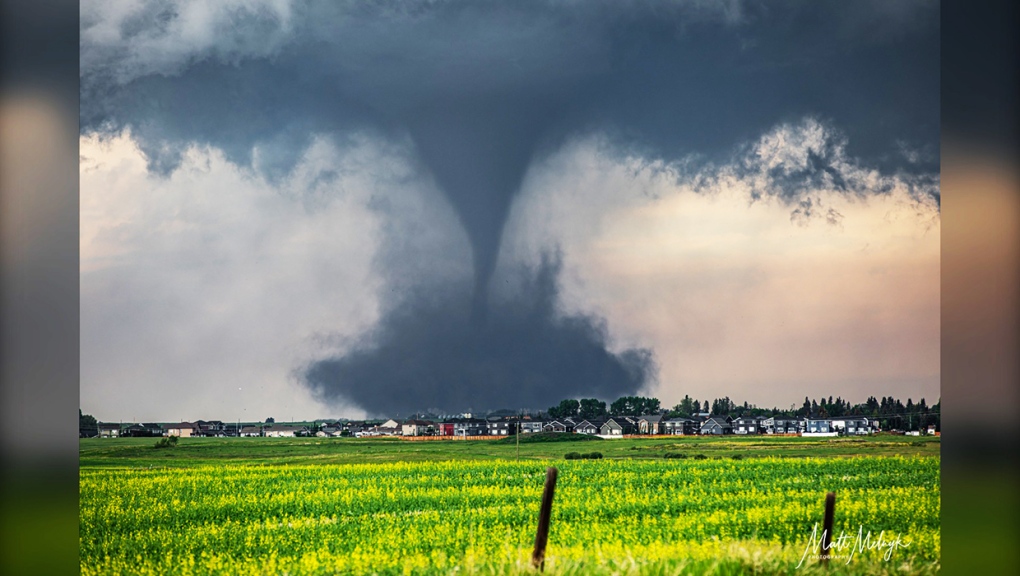By Darrian Matassa-Fung & Travis Prasad
Posted July 2, 2023

The International Longshore and Warehouse Union Canada held a press conference Sunday afternoon to provide an update on its job action and talks with its employer.
B.C. port workers’ strike continues Sunday morning, and talks have resumed after a 33-hour negotiation period failed to find a deal on Friday and Saturday.

Late Sunday afternoon, the International Longshore and Warehouse Union (ILWU) Canada provided an update in a press conference.
“I was in hopes that sometime (Sunday) or earlier we would be coming with a better announcement but we do not have one,” Rob Ashton said, ILWU Canada’s national president
“When all Canadians were asked to stay home and stay safe — our people had to go to work 24 hours a day, seven days a week in unsafe conditions. Longshore workers stepped up in this historic time.
“Our employers gorged themselves on record profits. Now, they seem to have forgotten the sacrifices our people made. (Sunday) they refused to acknowledge those great efforts by our members.
“They refused to meet with us and that is when this union decided to take strike action.”
Ashton said talks will continue, but was adamant that the federal government should stay out of the negotiation.
“It has been almost 30 years since our union was last on strike. The federal government must stay out of our business. If the BCMEA gets (its) way and its way is to let the government make the agreement for them – there will never be labour peace on the waterfront,” he said.
“My committee must go back to work (at the negotiating table) because we’re here to the end.
“We do not plan to leave the bargaining table. We expect the BCMEA to be here all day, all night until a deal is done.”

4:52Cargo loaders at B.C. ports walk off the job
The employer, BC Maritime Employers Association, said the pause in talks overnight was for “health.”
“The committee intends to reconvene bargaining (Sunday) morning, providing an opportunity for both parties to recharge and re-energize in the interest of achieving a fair and balanced agreement as soon as possible,” association staff said in a press release.
ILWU Canada has said previously that it seeking a deal that protects their jobs and offers recognition for the hard work and sacrifices that longshore workers made during the pandemic.
According to the union, the main objectives are:
to protect current and future generations from the devastating impacts of port automation
to protect longshore workers from record-high inflation and the skyrocketing cost of living
Sunday morning, the Port of Vancouver sent Global News a statement.
“As a port authority, our mandate is to ensure the Port of Vancouver is ready to handle Canada’s growing trade while protecting the environment and considering local communities,” a spokesperson said in an email.
“While we can’t speculate on what the specific impacts maybe, $1 of every $3 of Canada’s trade in goods outside of North America moves through the Port of Vancouver so any disruption to port operations has a significant impact globally and on Canadians who rely on the businesses that import and export goods through the port for employment and for reliable access to the products that support each of us every day.
“While we respect the right to strike, the port authority has a federal mandate to ensure the safe and efficient movement of Canada’s trade through the port. We hope for a swift and satisfactory resolution for all parties involved. ”
Picket lines have popped up outside of major ports in the Lower Mainland with more than 7,400 workers on strike.
Now with no one to unload and process containers, Canada’s supply chain is bracing for a hit while still trying to recover from the pandemic.
“We do about $800 million worth of trade through those ports every day and about a quarter of the trade between Canada and the rest of the world goes through those ports,” Perrin Beatty said, Canadian Chamber of Commerce president and CEO.
“This is something that affects every community in Canada and every family in Canada.”
The strike’s ripple effect will be far-reaching impacting a range of sectors.
Without being able to export their seafood catches, the B.C. fishing industry said it would take just four weeks of job action for livelihoods to be lost.
“Crews would get laid off and they would miss on the prime opportunity to earn money over the summer so it would have a pretty devastating effect on coastal communities,” Christina Burridge said, BC Seafood Alliance’s executive director.

Job action shuts down B.C. ports and terminals
The automobile industry is also feeling the squeeze, as industry experts said inventory was already strained compared to consumer demand.
“This just adds to an already difficult situation for auto dealers in the industry,” Charles Bernard said, Canadian Automobile Dealers Association’s lead economist. This will have a direct impact on our ability to (bring in) cars. It’s getting harder and harder to get cars in … and in the long term, I think it will add to frustrations for consumers and it will erode trust.”
There’s also concern that permanent damage to the economy will take shape.
“For every day the strike goes ahead, it probably takes a week for the supply chain to get back to normal,” John Corey said, Freight Management Association’s president. “If we look at a strike for seven days, we could be looking at 28 days to two months to get it back to normal.”
With U.S. ports open, the Freight Management Association president said shipments could be diverted south of the border with no guarantee of that business ever coming back to B.C.
Late Saturday night, the Canadian government confirmed Minister of Labour of Canada, Seamus O’Regan, remains in Vancouver and has no plans to leave town until a solution is found.
Sunday afternoon a spokesperson for O’Regan’s office issued a statement, “The BCMEA and ILWU are still at the negotiating table with federal mediators working towards a deal.”
“The focus needs to be on the table. All our energies must be directed at the table,” the spokesperson said. “Because that’s where the best deals are reached. Canadians are counting on it.”
Global News has reached out to BCMEA for reaction to the Sunday afternoon press conference. The office of O’Regan said the minister will not be commenting on Sunday.
– With files from Amy Judd
Labour talks continue in B.C. port workers' strike that could have major economic impact
International Longshore and Warehouse Union had issued strike notice on Wednesday
Negotiations between port workers and their employer in B.C. carried on into the evening on Canada Day, as the federal labour minister said he would remain in Vancouver during talks.
Port workers across B.C. went on strike Saturday morning in a wide-ranging job action that could impact global shipping.
The International Longshore and Warehouse Union Canada (ILWU) had issued a 72-hour strike notice on Wednesday, and officially walked off the job at 8 a.m. Saturday.
Seamus O'Regan, the federal minister of labour, came to Vancouver in response to the job action. He said on Twitter that "the best deals for both parties" are reached through negotiations, and that federal mediators were assisting during the talks.
"The parties are still at the negotiating table, as they have for well over 24 hours straight," O'Regan's press secretary Hartley Witten said in a statement Saturday evening. "Minister O'Regan remains in Vancouver and has no plans to leave town."
The strike affects about 7,400 terminal cargo loaders and 49 of the province's waterfront employers at more than 30 B.C. ports including Canada's busiest, Vancouver.
Contracting out, port automation and cost of living are key issues behind the union's job action, according to the ILWU.
Their employer, the B.C. Maritime Employers Association, issued a statement saying that bargaining attempts with a federal mediator were unsuccessful over the course of three days.
"Our bargaining committee has made repeated efforts to be flexible and find compromise on key priorities, but regrettably, the parties have yet to be successful in reaching a settlement," reads the statement.
"We appreciate the assistance of federal mediators in supporting the parties and we remain open to any solutions that bring about a balanced agreement."
The union said that the decision to strike — which came after an overwhelmingly successful vote from members, with 99.24 per cent of workers voting in favour — was not taken lightly.
"For the future of our workforce we had to take this step. We are still hopeful a settlement will be reached through FREE collective bargaining!" reads a statement from ILWU Canada president Rob Ashton, who added that the bargaining committee was ready to meet and fight for the rights of the working class.
At the Maritime Labour Centre in East Vancouver on Saturday morning, union members gathered and scoured lists posted on outside walls for their picketing assignments.
Striking workers were being dispatched to various port locations, and a small group of ILWU members milled about near the port entrance at Clark and Hastings in East Vancouver on Saturday morning.
The men — wearing placards and buttons depicting a cobra snake and the slogan "will strike if provoked" — all declined to comment on the strike action.
Federal ministers and B.C. Premier David Eby had previously urged the province's port workers and employers to find a way to avert job action.
Analysts have said a strike could have a significant impact on worldwide shipping and the Canadian economy.
According to the Maritime Employers Association's website, its members contribute $2.7 billion to the national GDP and handled roughly 16 per cent of Canada's total traded goods worth $180 billion in 2020.
Cruise ships not affected
The strike notice came nearly three months after the last contract expired on March 30, with the ILWU issuing a statement at the time that accused the employers' association of demanding "major concessions" from the union despite "record profits during the COVID-19 pandemic."
On Friday both the union and employer confirmed the strike would not affect cruise ships docked in Vancouver, Prince Rupert or Vancouver Island.
The Canadian Federation of Independent Business said it's "very concerned" about the strike action, urging all involved parties to cut a deal "as quickly as possible."
"Port operations must remain fluid so as not to exacerbate supply chain disruptions and put further pressure on costs, at a time when we are still facing high inflation," the federation said Saturday.
Aaron Sandhar, general manager of Richmond-based Sandhar Trucking, said more than 100 of his employees will be affected by the strike and he hopes for a quick resolution.
"It affects so many different industries," Sandhar said. "Those containers have everything that we see around us ... it's not like it's just one type of commodity or two types of commodity. These are literally every single thing you see around you."
With files from Baneet Braich, David P. Ball, and The Canadian Press.



